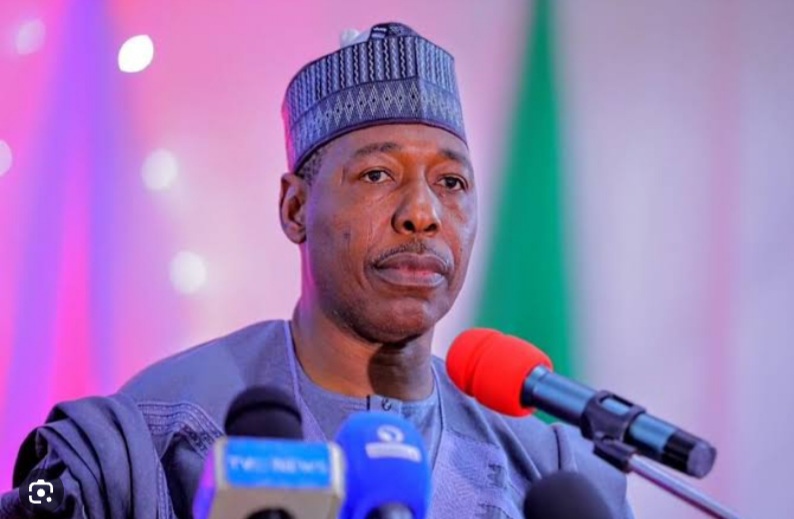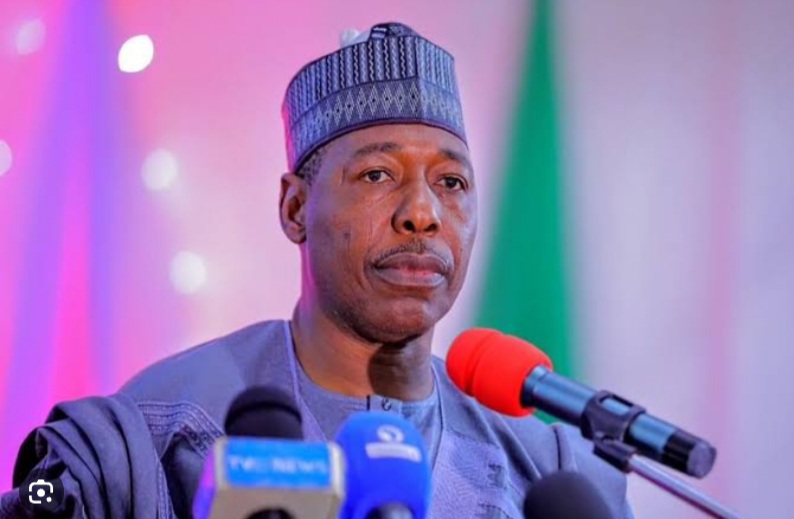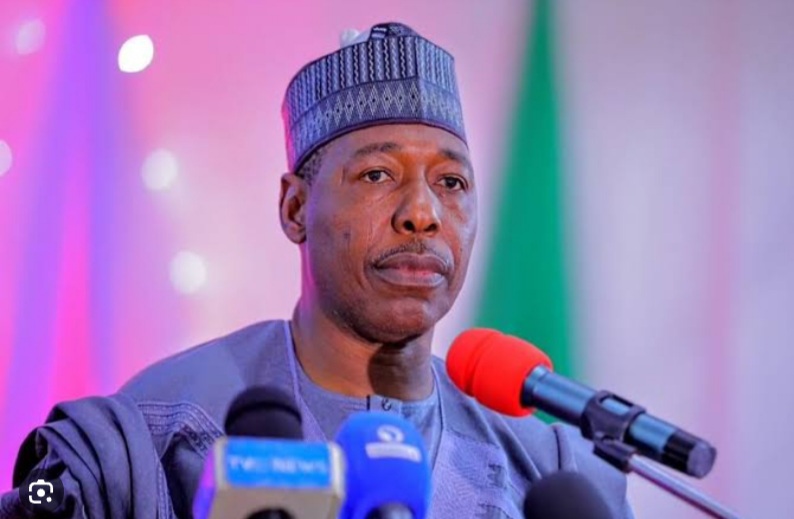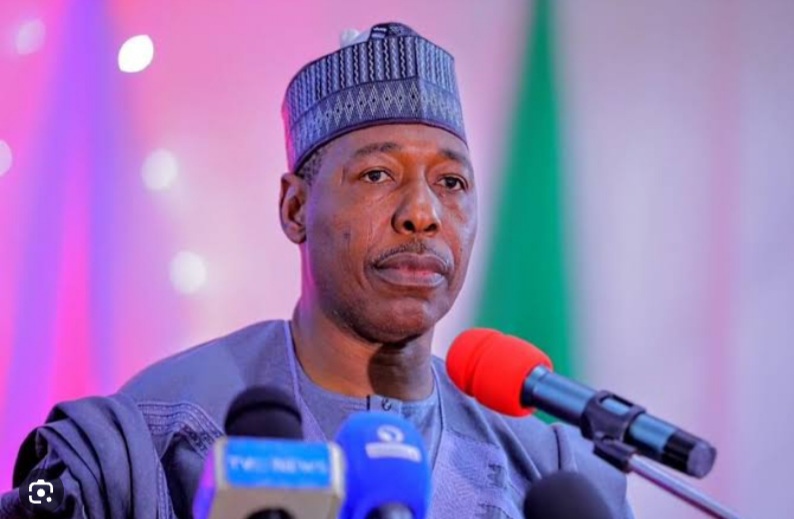
The Governors of Borno, Adamawa and Yobe have pledged their commitments to the provision of housing for an estimated 3.5 million displaced persons in their states.
Gov. Babagana Zulum of Borno disclosed this on behalf of the Governors at the Nigeria Housing Design Competition tagged: “Home After Crisis” ceremony on Friday in Abuja.
The competition was organised by the UN International Organisation for Migration (IOM) through funding from the Nigerian Humanitarian Fund (NHF).
According to the governor, the initiative for the competition is apt and engages domestic and international design-communities in developing low-cost, incremental and modular housing solutions for displaced people in the North-East.
Zulum said, “Innovative housing designs, incremental and modular concepts are important things that we all need to understand.
“The incremental aspect is important because someone who does not have capacity to expand his or her housing units can expand it whenever he or she has the resources to do so.
“The concept of modular is such that you can build two to six or more housing units together; this is something that we shall replicate and the most important aspect is that it is flexible to a certain extent.
“On behalf of Borno, governors of Adamawa and Yobe we are here to inform IOM that we shall provide the political will, and commitment to build more of such houses in our states in partnership with IOM.
“We will build more of such houses in collaboration with the University of Maiduguri, Adamawa, Yobe and others in the North-East.”
He said the key thing about the initiative is affordability, adding that the states would work closely with the housing designers.
“The idea of the competition is timely, not just in representing the interest of the people but as someone who witnessed the devastating impact of Boko Haram with strands of Internally Displaced Persons (IDPs).
“Today we came together to acknowledge the resilience of our people and to celebrate the beacon of hope in the home design, the initiative holds a special place in our hearts.
“It goes beyond the realms of architectural innovation; it embodies the spirit of safeguarding lives and property in communities shattered by crisis.
“The competition not only encourages creativity in design, it also represents the commitment towards restoring dignity and stability to people, who have faced unimaginable hardship,” the governor added.
The Minister of Youth Development, Dr Jamila Ibrahim, described the event as remarkable, saying it symbolised measures to tackle housing deficits for vulnerable families in the North-East region of Nigeria.
“The essence of this competition lies not just in the architectural prowess displayed, but in providing low-cost incremental and modular housing solutions.
“This is pivotal in fostering an innovative solution that presents an array of options to address housing challenges faced by vulnerable families, crucially the competition aligns with our commitment to harness the potential of young people.
“It provides platform for youths to contribute meaningfully to socio-economic development of our nation, by engaging and creating affordable housing solutions, youths are not only designing but crafting the foundation for stronger and modest communities.
“This competition underscores the belief in the creative prowess of young people and their ability to drive positive change,” the minister said.
Mr Laurent De Boeck, Chief of IOM Mission in Nigeria, said the mission’s new Strategic-Plan 2024–2028 launched by its Director-General Amy Pope, highlighted the need to support people who desired to stay in their homes.
According to him, this can be done by increasing investments in disaster risk reduction, durable solutions and local adaptation.
Housing policies play crucial role in achieving these goals. Adequate housing is recognised as universal right in the 1948 Universal Declaration of Human Rights.
“It encompasses security of tenure, protection against forced evictions, non-discrimination, affordability, participation in decision-making, and access to services, materials, facilities and infrastructure. Housing must go beyond four walls and a roof (UN HABITAT, 2009).”
“Our efforts aim to strengthen social fabric in which people can simultaneously deepen their roots and grow, Home is not where we live. Home is where we belong.”
The initiator of Home After Crisis, Davies Okoko, said the idea was conceived during presentation of 1.9 million returnees and 2.3million IDPs in Maiduguri in 2021, and the thought to return them to a home.
Okoko, Programme Manager of Shelter and NFI said, “We are trying to see how best to address housing deficits for displaced persons in the North-East, we have now settled not less than 9000 IDPs.
“It is indicator they have crossed the lines.
Our next step is that we want to go into durable housing whereby an IDP can get a house that has relative space in areas they choose to settle.”
Highpoint of the event was presentation of 5000 Euros to Sabon Gida, Sabon Farko, “New Home, New Beginning” as winner of the First Prize while
Zuhura Zuhair won the Second Prize of 3000 Euros, and the Be coming Home emerged third with the Prize of 2000 Euros.



